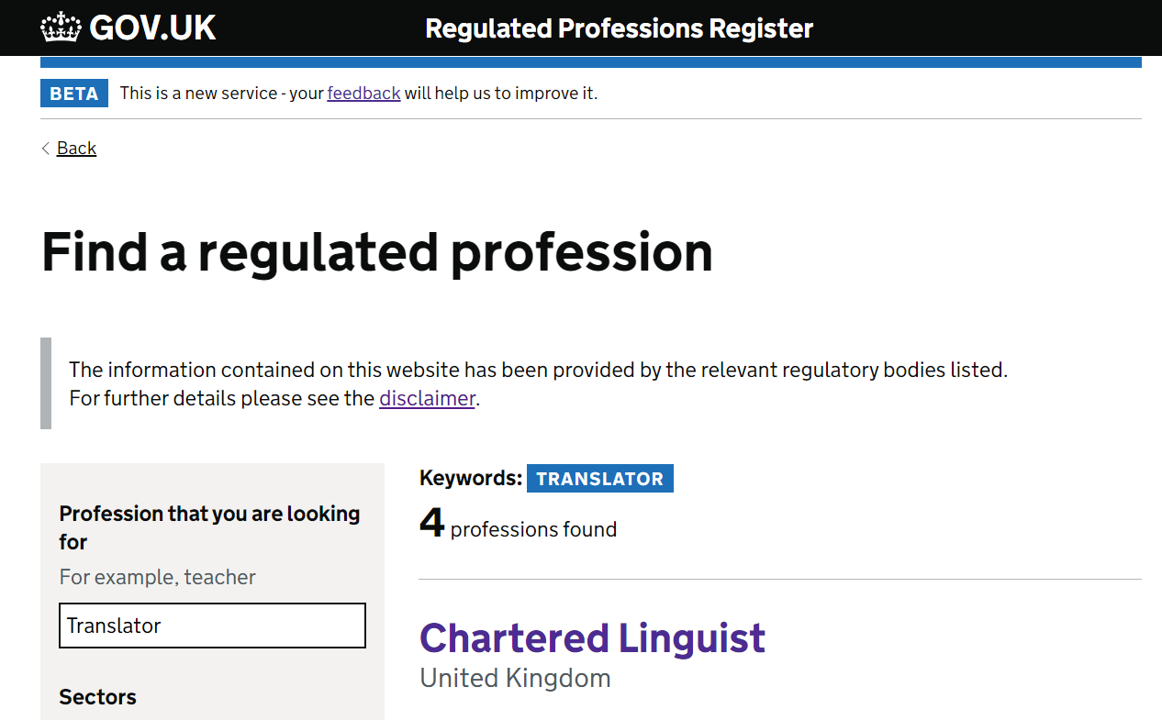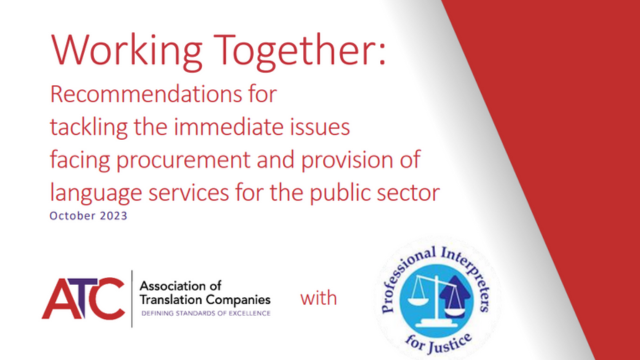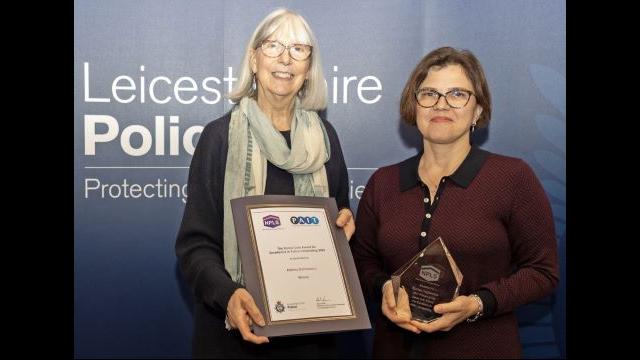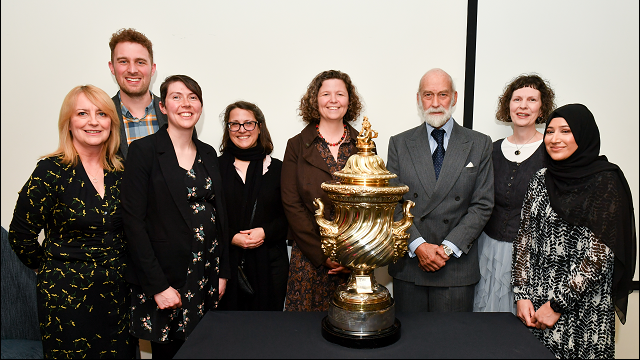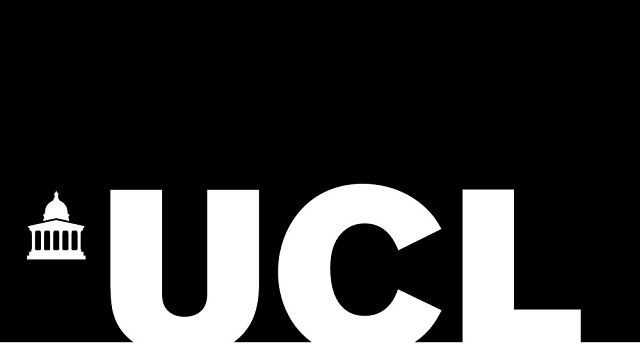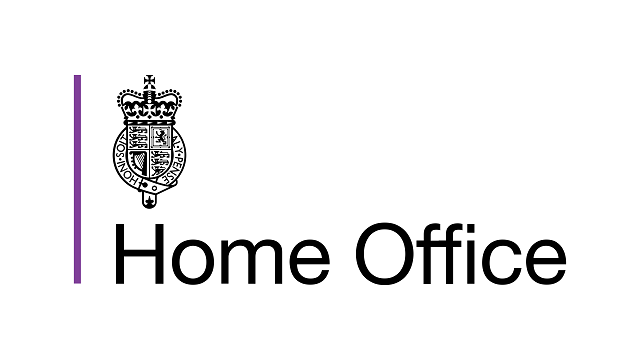-
QUALIFICATIONS
- NEW for Second Language Speakers
- For Linguists Worldwide
- For UK Public Services
- Preparation
- Policies & Regulation
-
MEMBERSHIP
- NEW for Language Lovers
- Join
- Membership grades
- Chartered Linguist
- Already a member?
- Professional conduct
- Policies
- Business & Corporate Partners
- TRAINING & EVENTS
-
NEWS & VOICES
- News & Voices
-
RESOURCES
- APPG
- Public Policy
- UK Public Services
- CERTIFIED ENGLISH
- Find-a-Linguist
Working together for Language Professionals
Important recognition has been achieved by CIOL, ITI and NRPSI for the value of accreditation for language professionals, against the backdrop of ongoing significant and major change in the technological and market context for translators and interpreters.
The Beta version of the UK Government’s new Regulated Professions Register stops short of recognising language professionals as ‘Licensed’ or ‘Certified’ but does place them within the domain of Accredited professionals, which recognises the high levels of qualification and experience ITI and CIOL members and NRPSI registrants have.
What is the value of engaging an accredited professional?
Professional accreditation serves as a marker of quality, expertise, and ethical conduct in the language services industry. It benefits professionals by setting clear standards and clients by ensuring a higher standard of service to them as well as building trust in the profession as a whole.
Quality assurance
Accreditation ensures that translators and interpreters meet clear standards of competence and professionalism. It gives clients confidence that the language professionals they are using have the necessary skills and knowledge to deliver high-quality work.
Minimising risk
In some highly specialist industries and business areas, errors in communication or a lack of accuracy can lead to misunderstandings which can be costly – both financially, but also more critically, in terms of public safety. Using accredited translators and interpreters with proven skills reduces the risk of high-stakes errors.
Competence and expertise
Accreditation involves rigorous assessment processes. Language professionals who obtain accreditation have demonstrated competence in their field and have proven their ability to handle linguistic challenges and cultural nuances.
Ethical standards
Accredited professionals agree to abide by a code of conduct. This helps maintain the integrity of the profession and ensures that the pubic can trust that accredited translators and interpreters conduct themselves ethically and responsibly.
Credibility and trust
Accredited translators and interpreters are more likely to be trusted by clients and employers because their skills and qualifications have been independently verified by a reputable accrediting body.
Continuing professional development
Accredited professionals are encouraged to engage in ongoing education and training, ensuring lifelong learning. Undertaking regular CPD keeps practitioners updated with the latest developments in the field.
The new Regulated Professions Register mirrors the EU register which the UK was part of pre-Brexit. Its purpose is to help and inform professionals, and the businesses and public services that employ their services. CIOL, ITI and NRPSI have all now announced that we are cited and recognised for our roles in the Accreditation of interpreters and translators. The Register was created by the Department for Business & Trade and was announced publicly in June.
Filter by category
More
The Chartered Institute of Linguists (CIOL), Incorporated by Royal Charter, Registered in England and Wales Number RC 000808 and the IoL Educational Trust (IoLET), trading as CIOL Qualifications, Company limited by Guarantee, Registered in England and Wales Number 04297497 and Registered Charity Number 1090263.

